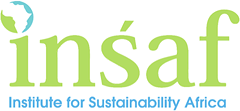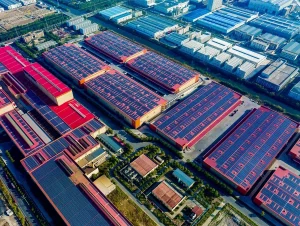
Regulatory changes in both food safety and sustainability are increasingly impacting organizations across the supply chain from fruit and vegetable farmers to distributors and retailers.
On the food safety front, the US FDA traceability records rule takes effect in January 2026. Meanwhile, new sustainability regulations are emerging in regions including Europe and North America. Agribusiness experts shared the stage at the International Fresh Produce Association (IFPA) conference last fall to talk about their leading-edge preparations for compliance.
Agribusiness has metric-based strengths for sustainability
Enacted to improve the FDA’s ability to rapidly track and trace food, the new US regulations raise the bar on traceability up and down the food supply chain. Leaders during the event drew parallels between the upcoming food safety rules and rising policymaker and consumer interest in sustainable business. The good news is that agribusiness has significant experience with the kind of metrics that sustainability-related reporting will increasingly require.
“As food safety professionals, we have a good eye on and understanding of what’s happening in the supply chain,” said Jennifer Pulcipher, director of food safety and compliance at North Bay Produce. “We’re plugged into different growing practices and have assessed their risks. Sustainability looks at different standards and reporting, and we’re already familiar with food safety audits.”
Food safety benchmarks align with sustainable value chains
Other panelists agreed that there’s significant overlap between food safety and sustainability tracking as regulations change for the latter from periodic certification to transaction-specific data and regular reporting.
Roberta Anderson, president of GLOBALG.A.P. North America, said that benchmarking was central to her organization’s mission. Best known for designing and operationalizing food safety standards, the company has widened its reach into areas including environmental sustainability, worker well-being, animal welfare, and supply chain transparency.
“We have customers in various markets that may want different comparisons and benchmarks. We participate in alignment activities to help them harmonize with other standards, which streamlines auditing and reduces duplication,” Anderson said.
Partner With Us
The Institute for Sustainability Africa (INŚAF) is an independent multi-disciplinary think tank and research institute founded in Zimbabwe in 2010 with the Vision to advance sustainability initiatives for Africa.




